Transformer breathers are crucial for ensuring the smooth and efficient operation of power transformers. They serve as protective devices that regulate the flow of air in and out of the transformer, preventing moisture and contaminants from entering the transformer oil. Moisture can degrade the insulating properties of the oil, leading to reduced performance and potential damage to the transformer. Breathers are equipped with silica gel crystals that absorb moisture from incoming air, ensuring that only dry air reaches the transformer. This process helps maintain the quality of the oil, which is vital for the safe and reliable operation of the transformer.
Frequently Ask Questions
Q. What does “a breather” mean?
A. A “breather” generally refers to a short break or pause from activity to rest or recover. It can also mean a device that allows airflow while preventing contaminants from entering a system.
Q. What is a breather in electrical?
A. In electrical systems, especially transformers, a breather is a device filled with silica gel that prevents moisture from entering the equipment when it “breathes” (inhales air during cooling and exhales during heating). It helps maintain the dryness of insulating oil and extends equipment life.
Q. What does “take a breather” mean?
A. “Take a breather” is an idiom meaning to take a short rest or pause from work or activity, especially when tired or overwhelmed.
Q. What is the breather on an engine?
A. In engines, a breather is part of the crankcase ventilation system. It allows built-up gases and pressure from inside the engine to escape safely while preventing dirt or moisture from entering. This helps maintain engine efficiency and reduces internal pressure.
Q. What is the purpose of the breather?
A. The purpose of a breather is to regulate air pressure and protect against moisture or contaminants. In transformers, it keeps oil dry; in engines, it vents gases while preventing damage due to pressure buildup or contamination.
Q. How to reduce engine blowby?
A. To reduce engine blowby (when combustion gases leak past piston rings into the crankcase), ensure regular oil changes, use high-quality oil, replace worn piston rings, and keep the PCV (Positive Crankcase Ventilation) system clean and functional.

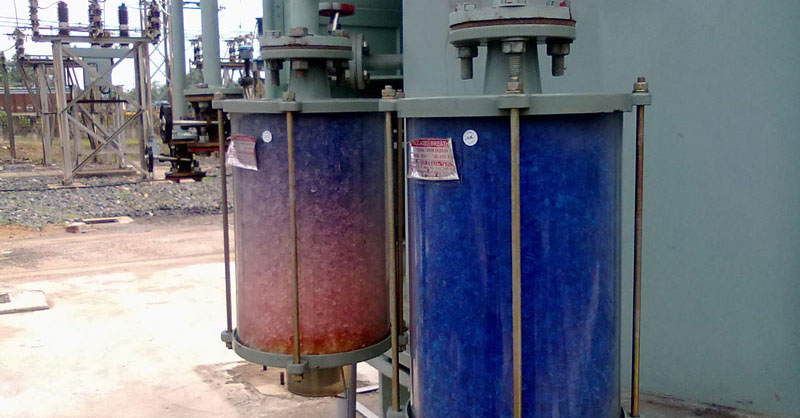
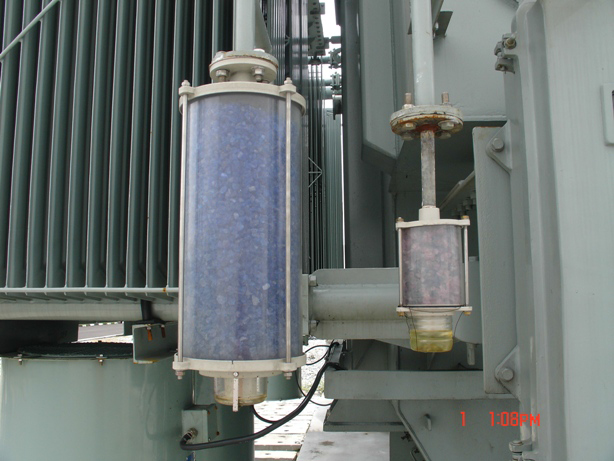
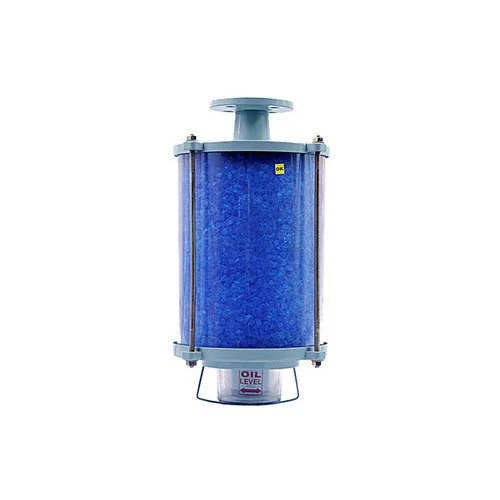
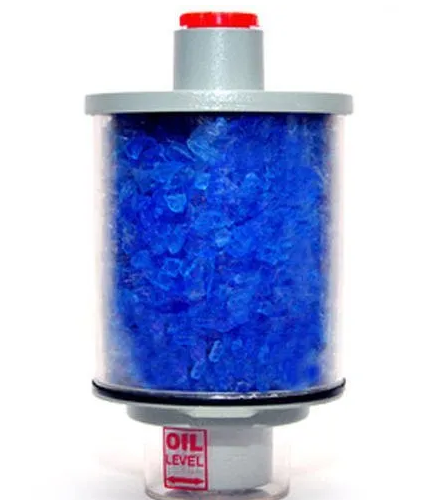
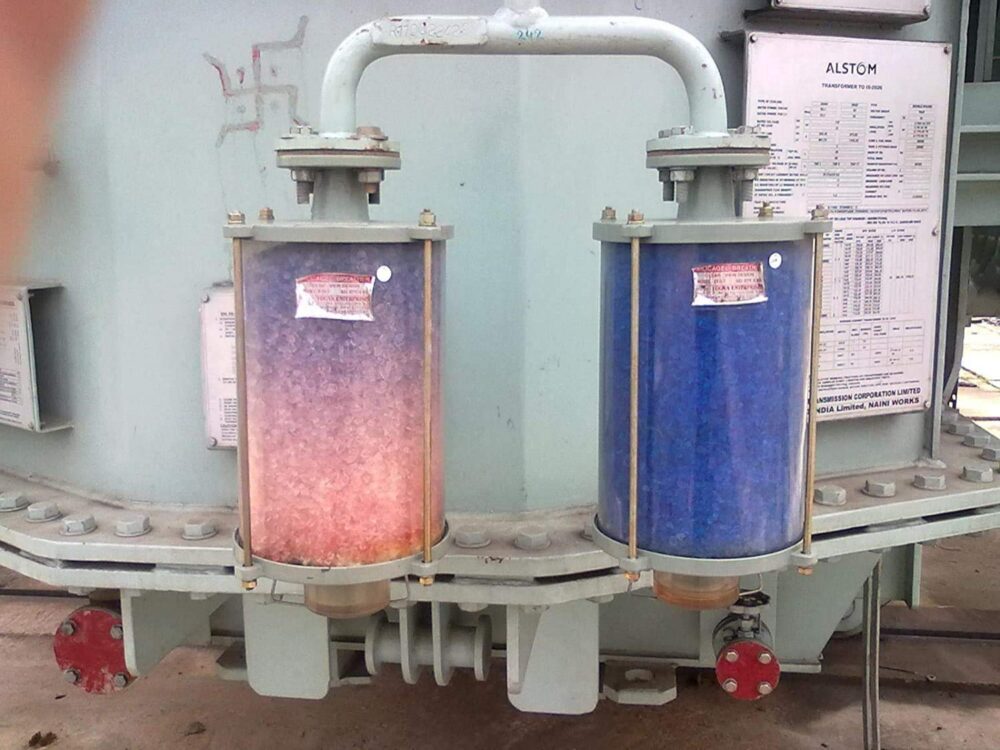
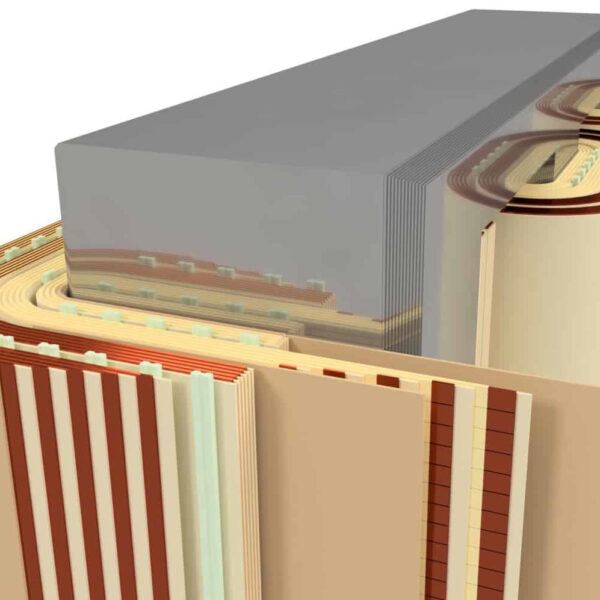
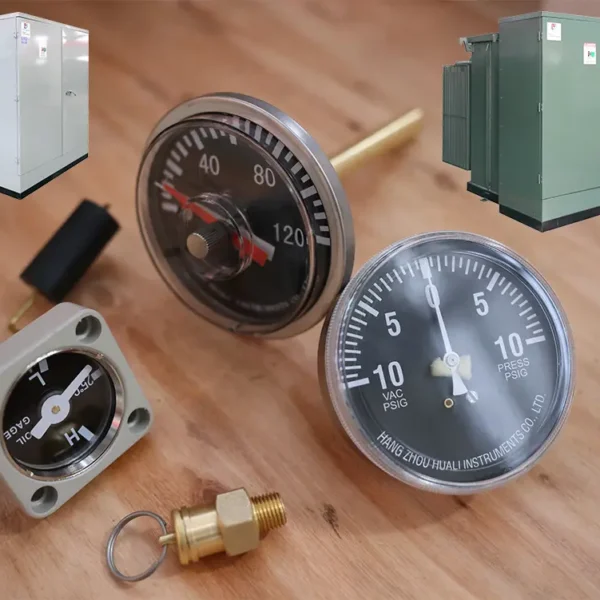
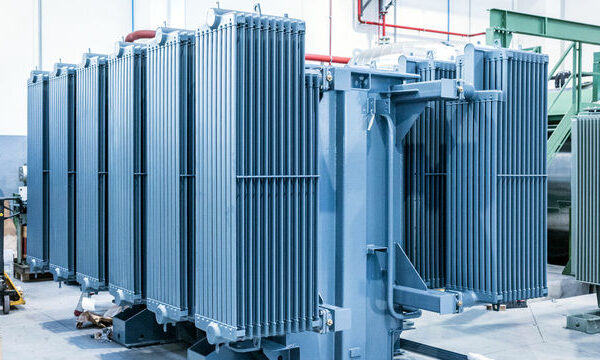
Reviews
There are no reviews yet.